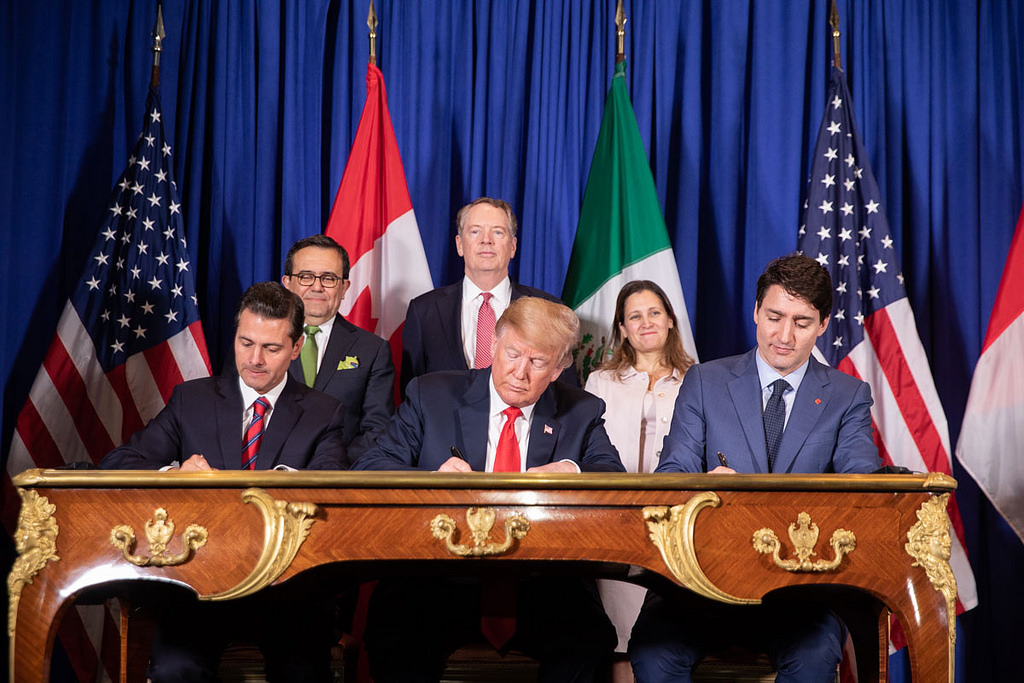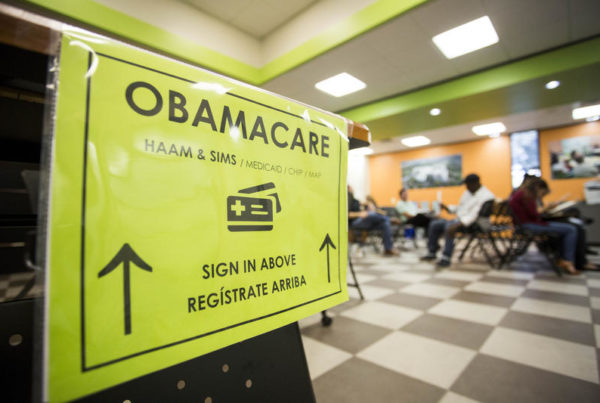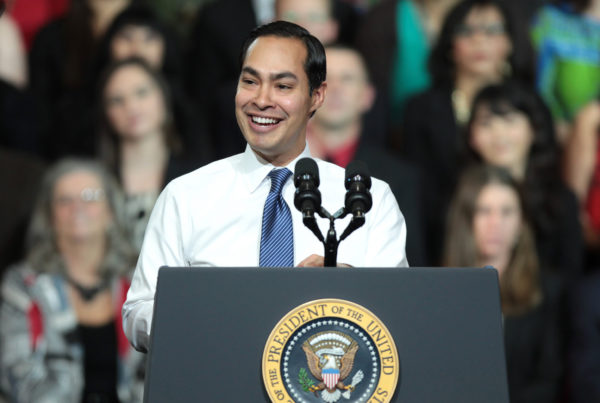The North American Free Trade Agreement, or NAFTA, is officially gone. In its place is the United States-Mexico-Canada Agreement, or USMCA. President Donald Trump, Canadian Prime Minister Justin Trudeau and soon-to-be former Mexican President Enrique Peña Nieto formally signed the newly revised pact Friday, while they were in Buenos Aires for the G-20 summit.
The signing marks the end of 15 months of negotiations. But while this may look like a done deal, the battle is far from over because in order for the U.S. to formally adopt USMCA, the U.S. Congress and the legislative branches of the other two countries have to ratify the plan.
Megan Cassella is a trade reporter for Politico Pro, and says much of the new deal is similar to NAFTA, but there are some changes.
“Stricter rules governing the production of automobiles … tightened standards as to how much of those materials have to be sourced from within North America, how much have to be produced by workers earning at least $16 an hour,” Cassella says.
She says while the legislatures of all three countries must ratify the agreement, that process will be most challenging in the U.S. because of the House’s recent flip to a Democratic majority.
“It needs just a simple majority in both chambers of Congress,” Cassella says. “[But] it could be kind of hard for the administration to get to the 218 votes that it needs in support.”
She says some lawmakers on both sides of the aisle in the House and Senate have already publicly opposed the agreement; Democrats say they want stricter labor and environmental standards in the agreement. Cassella says the Trump administration says it consulted Democrats while the agreement was being negotiated, but Democrats say the agreement doesn’t reach their standards.
“Democrats are saying … ‘The language itself doesn’t go far enough and the language isn’t enforceable. And we’re worried that Mexico, in particular, is just gonna ignore everything that’s in there and they won’t actually abide by these new standards,'” Cassella says.
Cassella says one of the staunchest Democratic opponents of the agreement is Massachussetts Sen. Elizabeth Warren, but there are also Republicans who oppose it. Cassella says that’s because some say the agreement goes against the free-trade ethos many Republicans have promoted for years.
“Saying, ‘This actually limits our trading opportunities rather than promotes them,'” Cassella says.
She also says other socially-conservative Republicans are concerned about how the agreement affords some protections for LGBTQ workers.
“They’re saying, you know, ‘This is no place to create new social policies, in a trade agreement,'” Cassella says “And so they want to see those removed before they’ll consider voting for the deal.”
Cassella says Congress will most likely delay voting on the USMCA until the new session starts in January. While lawmakers won’t be allowed to make amendments to the agreement itself, they will have to create an “implementing bill” in order to make it law, at which point they could try to address some of those changes.
“That could be enough to get enough lawmakers to get at least half of each chamber to sign on,” Cassella says.
But she says Congress could theoretically postpone voting on the deal indefinitely.
“They could postpone it in perpetuity. …That’s the most pessimistic view,” Cassella says. “The average prediction is probably that it gets done some time next year after a bit of a fight in Congress.”
Written by Caroline Covington.

















